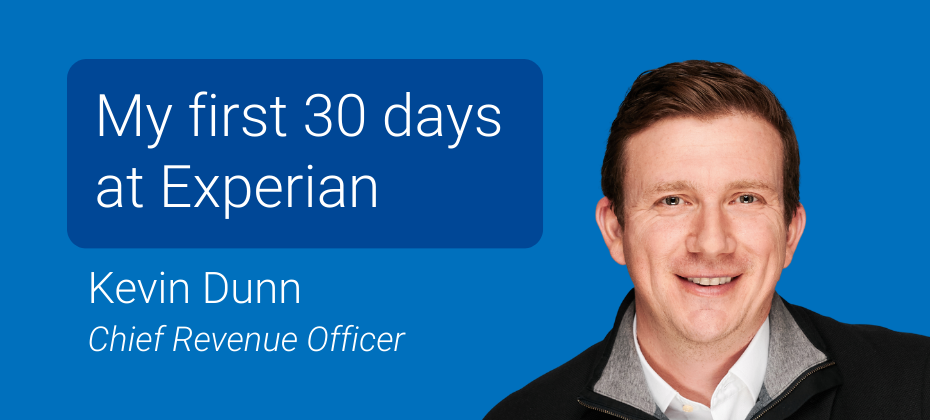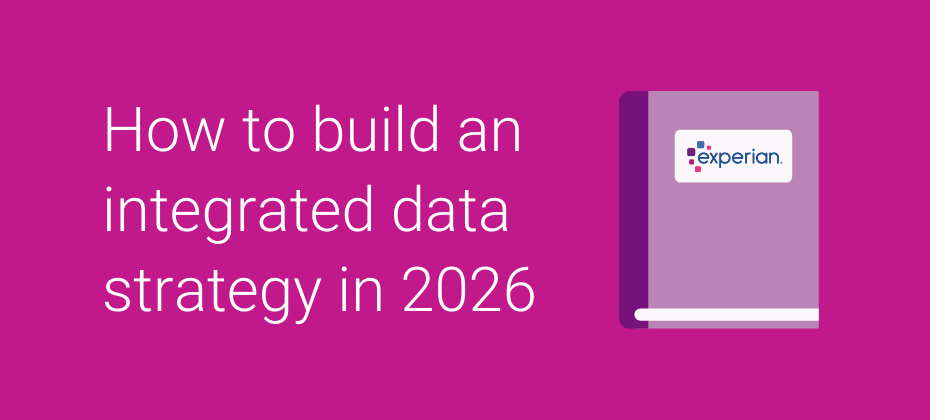
Note: This Ask the Expert was recorded prior to Experian’s acquisition of Audigent and discusses industry trends and how we’ve worked together in the past.
Adopting new strategies based on trust due to evolving privacy regulations and the gradual loss of traditional signals, like third-party cookies, is essential to successfully navigating the future of digital advertising. Advertisers and marketers are at a crossroads, facing the challenge of maintaining personalization and precision while respecting consumer expectations around privacy. To stay competitive, brands must adopt future-ready strategies that focus on trust, privacy-forward technologies, and scalable solutions.
In our latest Ask the Expert segment, recorded before Experian acquired Audigent, we explore how first-party data and advanced contextual audience targeting are two critical approaches for successfully navigating these changes. With insights from Greg Williams, President of Audigent, now part of Experian, and Crystal Jacques, VP of Sales at Experian, we discuss how these tools can empower your brand for long-term success.
First-party data as a cornerstone strategy
First-party data, a powerful tool for building meaningful connections with your audience, has emerged as a fundamental pillar of future-ready strategies. When collected and used effectively, it provides brands with a detailed understanding of consumer preferences and behaviors, enabling real-time campaign adjustments for maximum impact.
“Data has become part of every step of the digital advertising supply chain, and should be part of everybody’s buys… the more you can include data in your digital marketing, the better off and the more power you have.”
Greg Williams, President, Audigent
With the continual loss of signal, including third-party cookies, first-party data has proven to be key for brands to stay both competitive and privacy-compliant. Brands using first-party data are better positioned to overcome the challenges of signal loss. This data facilitates improved media targeting and personalized messaging, driving greater engagement and return on investment.
Contextually-Indexed Audiences build relevance
Experian’s Contextually-Indexed Audiences enable advertisers to target users based on their interests in real-time, without relying on cookies or mobile ad IDs. Machine learning analyzes and maps traffic from over two million websites, linking to Experian’s 2,400 audience segments. With added benefits like audience customization and flexible activation through Audigent’s private marketplaces (PMPs) or demand-side platforms, Experian is setting a new standard for scalable audience targeting.
For automotive advertisers, this could mean reaching consumers actively researching luxury electric vehicles on relevant sites. Unlike outdated methods, contextual targeting aligns the message with consumer intent, balancing high precision with consumer privacy.
Automotive success story
Audigent’s innovative solutions have delivered tangible results. Williams mentions how they helped an automotive brand achieve double the scale and triple their goal of driving test drives. This stands as a testament to the real-world effectiveness of contextual audience strategies and Experian’s role in executing them.
How to stay ahead of change
Here are five strategies to help your brand remain future-ready amid privacy challenges and signal loss:
- Prioritize first-party data: Build trust and improve targeting accuracy by relying on data that you own directly from your consumers.
- Test privacy-forward tools: Experiment with solutions like contextual targeting and Google’s Privacy Sandbox to future-proof your advertising.
- Strengthen identity framework: Create systems to securely manage and use data for cross-channel decision making.
- Use scalable tools: Partner with trusted providers to deploy solutions that adapt to changing industry standards.
- Stay proactive and flexible: Continuously evaluate trends and refine approaches to align with emerging consumer and regulatory expectations.
A deeper conversation
For additional insights, watch our full Q&A. Greg Williams and Crystal Jacques discuss the future of audience targeting, how first-party data reshapes marketing strategies, and how Experian and Audigent have collaborated in the past.
Contact us
About our experts

Greg Williams, President, Audigent
Greg Williams is Audigent’s President, responsible for managing Audigent’s vast portfolio of ecosystem partners, enterprise sales, marketing, and client success. An innovator in programmatic ad buying, Williams co-founded MediaMath and was instrumental in building and scaling that company in the US and internationally. He led MediaMath’s international expansion in 2011 and grew that business from zero to a top revenue driver for the company in three years. During his 14 years at the company, Williams held global roles and built teams across every function of the organization — most notably leading business and market development, product development, and partnerships. Prior to co-founding MediaMath, Williams held senior positions at [X+1] (which was later acquired by RocketFuel), Nielsen, and Accenture.

Crystal Jacques, Head of Enterprise Sales, Experian
Head of Enterprise Partnerships, leading Experian’s go-to-market team across all verticals. With over ten years of experience in the Identity space, Crystal brings a wealth of expertise to her role. She joined Experian in 2020 through the Tapad acquisition, following her successful stint as the head of Global Channel Partnerships for Adbrain, which The Trade Desk later acquired.
Latest posts

Kevin Dunn has been Chief Revenue Officer at Experian Marketing Services for one month. Here are his thoughts on his first 30 days.

Learn how combining first-party, third-party, contextual, and geographic data work together supports an integrated data strategy in 2026.

See how marketing measurement in 2026 connects activation, identity, and outcomes so insights guide campaigns while they run.